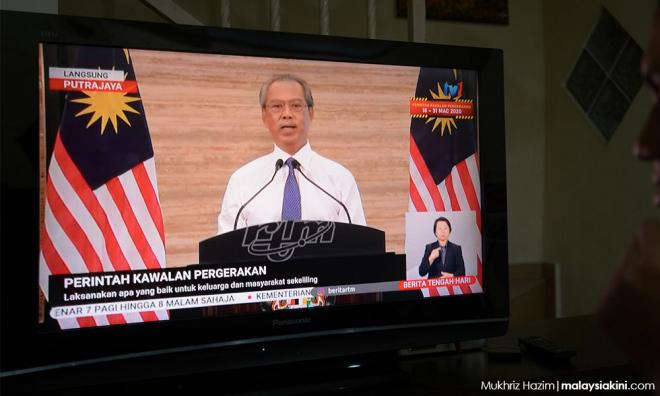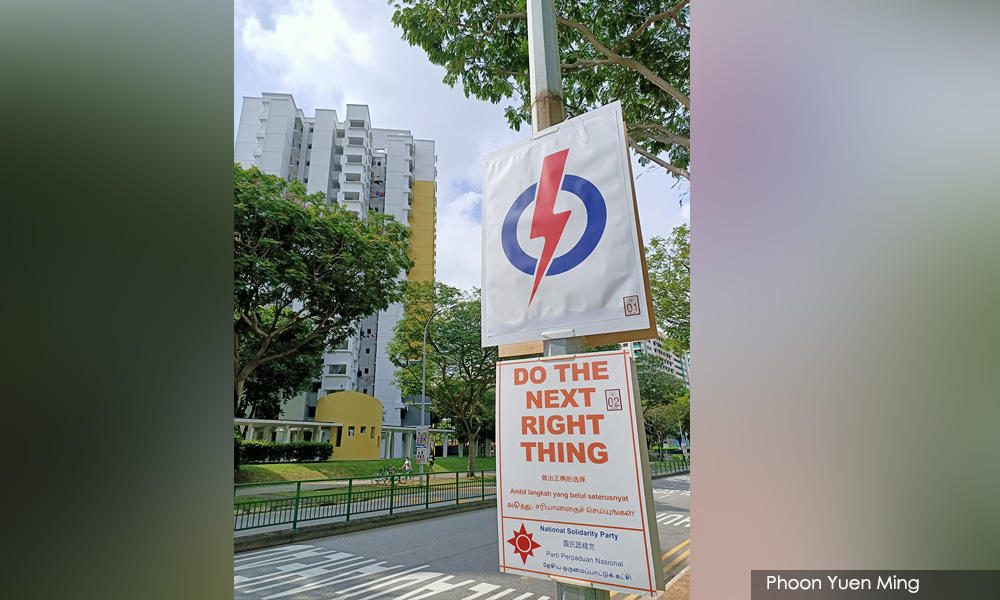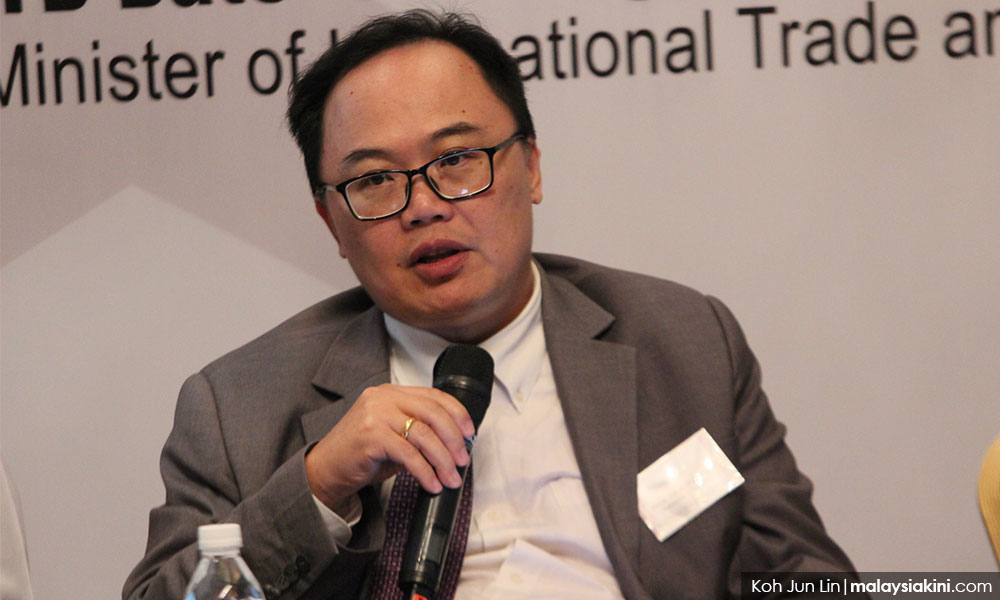
Analysts agree that Prime Minister Muhyiddin Yassin's respectable approval rating is in part due to the country's relative success in containing the Covid-19 pandemic, but cautioned that it does not automatically translate into an electoral endorsement.
Azmi Hassan, who specialises in geopolitics at Universiti Teknologi Malaysia, pointed to the example of Singapore where its people generally approved of the government's management of the Covid-19 pandemic, however, it still lost ground in its recent general election.
"It should be taken carefully. Whether the positive feelings would be translated into votes, that is still uncertain.
"If we look at Singapore, the People's Action Party (PAP) government was punished with the loss of popular votes of close to 10 percent, despite Singaporeans being satisfied with how the government handled the pandemic," he said.

Singapore held its general election in July, which saw PAP secure 83 out of 93 seats in Parliament. The party which had been in power since the republic's independence in 1965, however, had its popular vote fall to 61 percent compared to 70 percent in the 2015 election.
Azmi was responding to a Merdeka Center survey which put Muhyiddin's approval rating at 69 percent. The survey was conducted between July 15 and Aug 10, involving 3,415 respondents.
The survey also found Muhyiddin's Perikatan Nasional (PN) coalition was well-received among voters.
Azmi said despite Muhyiddin's government being an unelected one, the people had put their trust in him to steer the country through the pandemic.
"Compared to our neighbours like Singapore and Indonesia, statistically, it clearly shows that our government is efficient in facing the pandemic.
"That was why when Muhyiddin announced the movement control order (MCO) for the first time in March, the public in general, albeit in panic, accepted the decision made by a government that was barely one month old.
"Although they were accused of being a backdoor government, the majority of the people accepted the MCO with an open heart, and this is a manifestation that the people in mid-March have already placed their hope with the Muhyiddin government," he said.
The Pakatan Harapan government collapsed in late February after Muhyiddin pulled his Bersatu party out of the coalition.
The Bersatu president then formed a new government with PKR defectors, BN, PAS, GPS, PBS and Star.
The new cabinet was sworn in on March 10. After daily Covid-19 cases spiked to three digits on March 15, the country entered into a partial lockdown on March 18.
Daily Covid-19 cases have since been contained to single digits and low double digits.
Echoing Azmi is University of Tasmania's Asian Studies professor James Chin (below) who observed a similar rating boost in many countries for leaders dealing with the pandemic.

"We saw this in surveys in many other countries, where even an unpopular leader received a boost in rating because of measures they took to deal with Covid-19.
"You get this sort of bounce among the leadership of all countries because the people feel their life has been disrupted and whatever the government does, they think it is a good thing," he told Malaysiakini.
However, Chin agreed with Merdeka Center's findings that the Malays generally are supportive of the new PN government.
The community was unhappy with the previous Harapan administration during which they felt that the non-Malays had "too much power", Chin said.
"In other words, they were not really supportive of the Harapan government because they thought they were not addressing Malay issues.
"So, my take is that the Malay community wanted a Malay-centric government, and that is what they got."
The survey indicated the majority of respondents (51 percent) believed that the country is moving in the right direction, albeit the number has been dropping steadily from a year-to-date high of 58 percent in May.

Meanwhile, Azizuddin Mohd Sani of Universiti Utara Malaysia cautioned against relying on a single survey.
"There have to be many studies, then only you can get it accurately. Merdeka Center had previously published its findings saying that BN would win the 14th general election. But BN lost.
"Malaysia's politics is very fluid and dynamic, so it is hard to rely on only one or two surveys (to arrive at conclusions)," he told Malaysiakini.
Azizuddin (above) said he, however, agrees with the finding that Muhyiddin was popular among the rakyat.
Muhyiddin has been mulling to call for a national snap election to bolster his fragile majority in the Dewan Rakyat.
However, he must first face an electoral challenge in Sabah which will be a litmus test of whether Muhyiddin's Bersatu can reconcile with its coalition partner Umno.
Muhyiddin wants to avoid a clash with Umno which could have a disastrous consequence for his party.
Nomination day for the Sabah election is on Sept 12 while polling day is on Sept 26.
The Sabah election was called after Chief Minister Shafie Apdal secured a dissolution of the state assembly to stave off a similar coup at the state level led by Umno's Musa Aman with backing from Muhyiddin's Bersatu. - Mkini


No comments:
Post a Comment
Note: Only a member of this blog may post a comment.